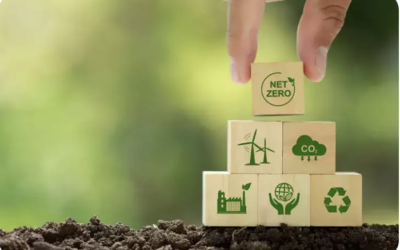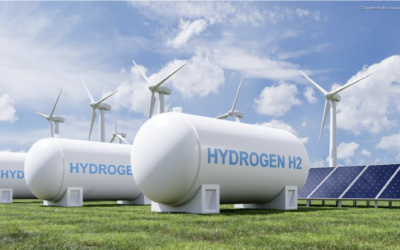Blog
Evaluating the verdict of Coal India Limited & Another v. Competition Commission of India & Another from the lens of Constitutional Law: Has the Apex Court erred in extending the scope of Competition Act, 2002 to Coal India Ltd?
Abstract The recent verdict of the Hon’ble Supreme Court in the case of The Coal India Limited & Another v. Competition Commission of India & Another upholding that Coal India Ltd. comes under the purview of the Competition Act, 2002, has been applauded by the...
Environmental and Social Impact Assessments (ESIAs) in India for Energy and Infrastructure Projects
Introduction With rising demand for energy and infrastructure development, countries are facing challenges in balancing progress with environmental sustainability. India is diligently shaping its legal and regulatory frameworks to promote sustainable energy and...
Navigating Legal Labyrinths: Unpacking the ICSID Convention vs. EU Law Saga Through Landmark Rulings in Germany and England
Abstract The German Federal Court of Justice has recently challenged the traditional self-contained nature of ICSID arbitrations in intra-EU cases under the Energy Charter Treaty. This development is to be contrasted with the approach of English courts, which take a...
Exploring Arbitrability Of Climate Disputes In India
Abstract Examining the challenges associated with legal claims and disputes resulting from a changing climate and the initiatives to tackle the same, this blog discusses India's initiatives toward climate action, renewable energy transition, and pledges made under...
FDI In the Indian Space Sector and the Challenge to National Security – A Panoramic View
Introduction The Indian Space Sector is a rapidly growing and flourishing industry. Leading the Indian space manoeuvre, the Indian Space Research Organisation’s (“ISRO”) recent success with Chandryaan-3 and the launch of the Aditya L-1 Mission early this month, has...
Boosting Infrastructure Development through Family Offices: The Role of FIFs in GIFT City
Abstract The growth of family offices in India presents a unique opportunity for wealthy families to contribute to the country's infrastructure development. Family businesses, comprising a significant portion of India's GDP, offer a long-term investment...
The USA-INDIA Carbon Credit Scheme: A Comparative Guide
Abstract Carbon dioxide (“CO2”) is a major greenhouse gas (“GHG”) instrumental in environment degradation. In order to reduce the consequences of Carbon dioxide emissions, the world community established CO2 Emission Reduction Goals. The Carbon Credit markets quickly...
Data Protection Act, 2023: Shaping the Arbitration Landscape
Abstract The construction sector is a cornerstone of India's economy, contributing substantially to its GDP and set to become a global construction powerhouse. However, the complex disputes within this sector have made arbitration the preferred method for dispute...
Green Hydrogen: How it can be a Game Changer for India?
Abstract India has set for itself some ambitious targets when it comes to renewable energy and its dependence on fossil fuels. Under the National Green Hydrogen Mission, India hopes to develop a production capacity of at least 5 MMT (Million Metric Tonne) per annum,...
Influence of the Kenyan Shilling on the development of foreign investment infrastructure in Kenya
Abstract Over the past years, the strength of the Kenyan Shilling to the global reserve currency, i.e., the US Dollar, has been quickly dwindling. About Fifteen years ago, a dollar traded for approximately Kshs. 87. Currently, however, a dollar is trading for Kshs....
About Us
The Indian Journal of Projects, Infrastructure and Energy Law (IJPIEL) is a student-run law
journal and blog which was founded in July 2020 by a group of students from Universities
across the nation, led by its founder, Naman Anand.
Other Links
Our Story
Journal
Contact Us
Team










